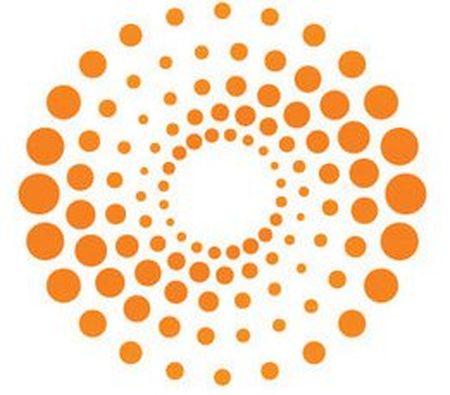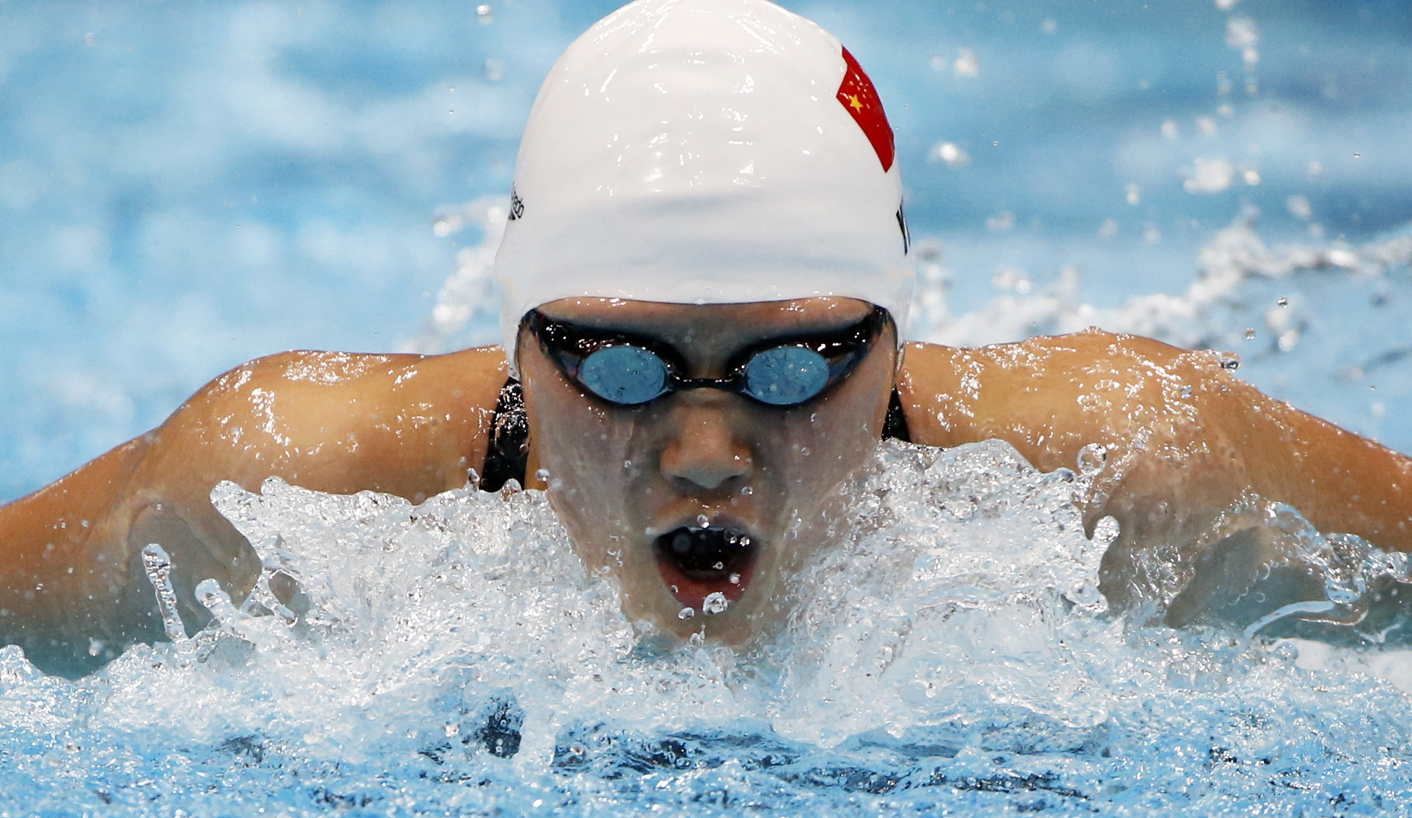Ye won gold in the women's 400 metres individual medley on Saturday with an eye-popping swim that set tongues wagging around the pool deck and sent social media sites into a spin.
Not only did the Chinese sensation blow away American world champion Elizabeth Beisel and set a new world record for the gruelling event, she completed her final lap almost as fast as men's champion Ryan Lochte of the U.S. did when he won the same title on Saturday.
"My results come from hard work and training and I would never use any banned drugs. The Chinese people have clean hands," Ye told China News Service.
Although there is no suggestion Ye used performance-enhancing drugs, her stunning performance inevitably aroused whispers, prompting the 16-year-old to issue a quick and firm denial that she cheated.
"There is absolutely no problem with doping," she told reporters through a translator on Monday. "The Chinese team has always had a firm policy about anti-doping."
China was once the most feared nation in women's swimming but their domination ended just as soon as it began, following a series of doping scandals.
China won 12 of the 16 women's titles at the 1994 world championships in Rome but their achievements were sullied less than a month later when seven Chinese swimmers tested positive for banned drugs at the Asian Games in Hiroshima.
At the 1998 world championships in Perth, four Chinese were sent home after testing positive for steroids a week after one of their team mates and her coach were caught at Sydney Airport smuggling human growth hormone.
Chinese authorities pledged to crack down but the world remained sceptical when 27 Chinese athletes, including four swimmers, were dropped from the Olympic team before the 2000 Sydney Games.
China won just one gold in swimming at the 2004 Athens Olympics and none at the 2005 and 2007 world championships, but provided the first signs they were about to resurface as a world force at the Beijing Olympics.
Now, the ripples have started to get bigger, with China winning two of the first three gold medals in the London pool. Ye's teammate Sun Yang took gold in the 400 freestyle, becoming the first Chinese man to win an Olympic swimming title.
The insinuations of drug use have outraged swimming fans in China, where medal prowess and national pride go hand in hand. Many have used Sina Weibo, China's popular Twitter-like microblogging site, to air their discontent.
"Certain countries' reporters are using this as an excuse to attack China's sports system, and dragging a young girl down in the process. It's inhuman," said one fan.
Another user added a champion "should be congratulated, not interrogated".
But some also had their doubts: "Maybe the Chinese have discovered some sort of new drug, for how could she suddenly have become this strong?"
LOW PROFILE
A quiet teenager with an irregular crop of hair and an uncertain smile, Ye won the world championship for 200 medley in Shanghai last year, but has a low international profile.
She was thrust into the spotlight as the country's leading female swimmer just before the Games, after world champion Li Zhesi tested positive in June and was banned from competing at London.
Ye is one of China's best hopes for a gold haul and has been profiled by the ruling Communist Party's top newspaper, the People's Daily, which last month named her one of China's top new stars to watch in London.
The paper described Ye's ascent as "rocket-like".
Ye, nicknamed "the young general" by the Chinese press, comes from an ordinary working-class background in the affluent eastern tourism hub of Hangzhou, best known for its famous lake.
Ye's passion for swimming started young, after a teacher noticed she had bigger hands and legs than other children of her age. In 2007, she began swimming for the Zhejiang provincial swimming team, and then in 2008 joined the national team.
Ye took only one day off after the world championships and then spent 50 days training in Australia, where she enjoys the seaside and the odd barbecue.
But this week she brushed aside criticism from some quarters that China's athletes are trained "like robots".
"I think we have very good training, very scientific based training, that's why we all have progressed," she said. DM
Photo: Ye Shiwen of China swims in her women's 200m individual medley semi-final during the London 2012 Olympic Games at the Aquatics Centre July 30, 2012. REUTERS/David Gray





